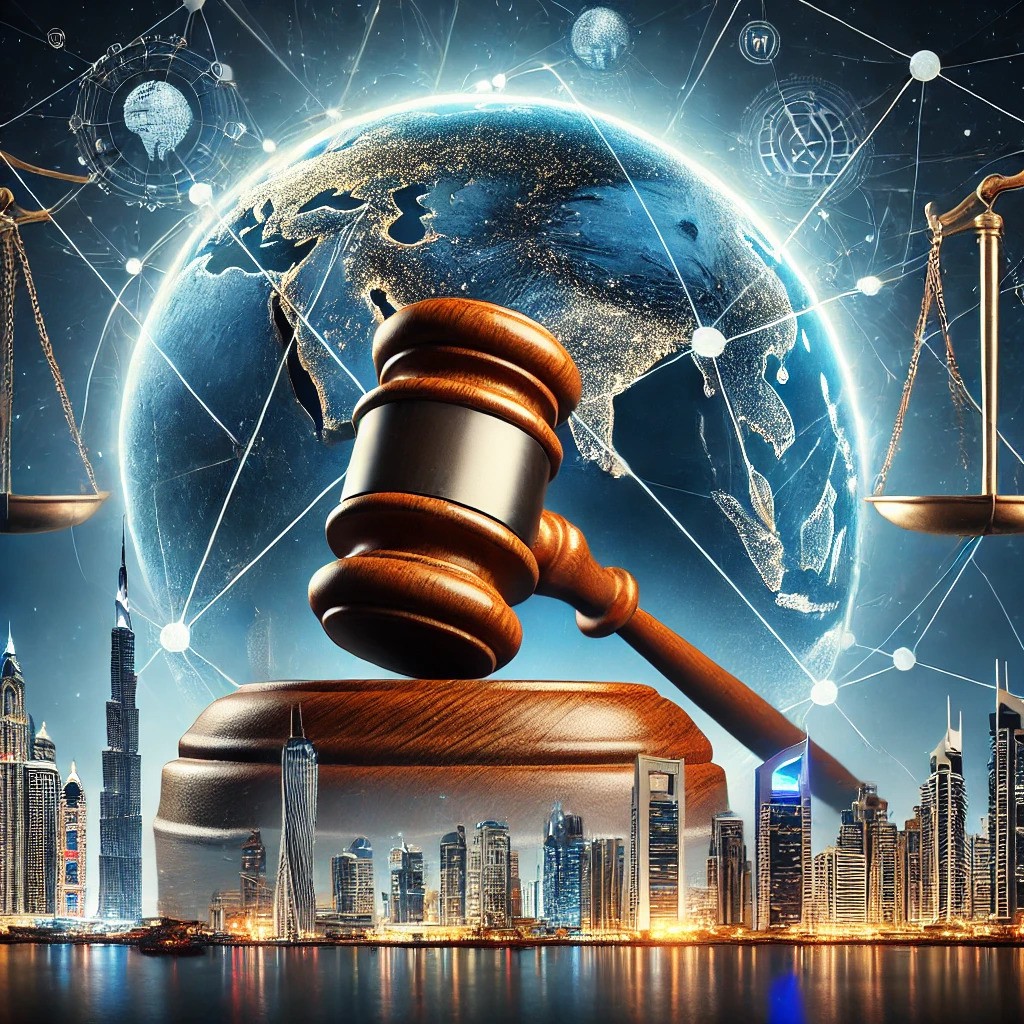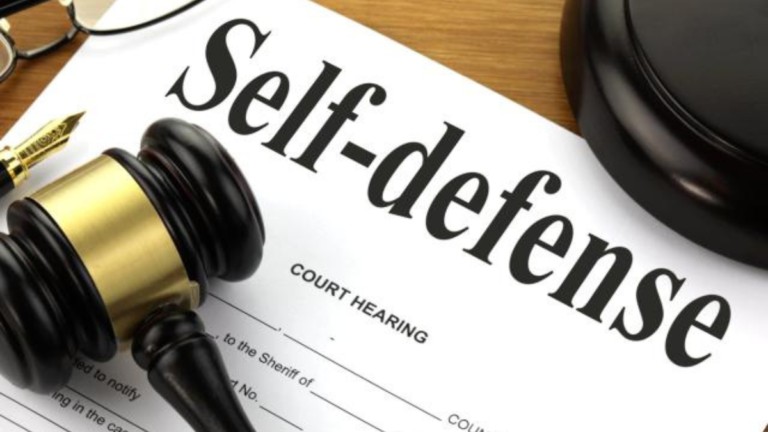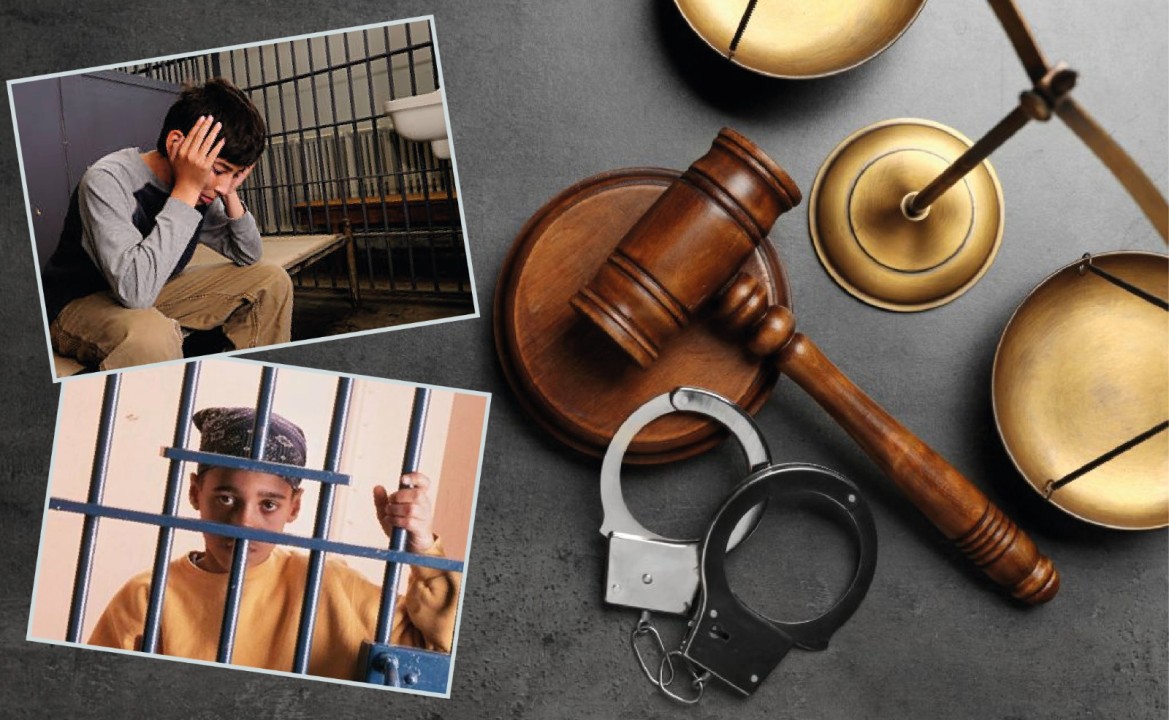Published: Jan. 10, 2025
Last Updated: Jan. 10, 2025

Extradition accords are a cornerstone of international criminal justice, encouraging nations to work together to combat transnational crimes. Extradition treaties are critical in upholding justice in a global hub like Dubai, where people from several countries do business and live. These agreements allow the UAE to extradite individuals charged or convicted of crimes, ensuring that they are brought to justice while also protecting the integrity of its legal system.
Extradition accords are a cornerstone of international criminal justice, encouraging nations to work together to combat transnational crimes. Extradition treaties are critical in upholding justice in a global hub like Dubai, where people from several countries do business and live. These agreements allow the UAE to extradite individuals charged or convicted of crimes, ensuring that they are brought to justice while also protecting the integrity of its legal system.
The UAE's extradition process is governed by both domestic legislation and international treaties. Federal Law No. 39 of 2006 outlines procedures for processing extradition requests, regardless of whether the UAE is the asking or requested state. It also specifies the conditions under which extradition may be denied, such as political offences or when the accused may face cruel treatment or an unfair trial in the requesting country.
Extradition treaties with other countries help to streamline the process. These treaties provide explicit protocols for cooperation and offer a legal foundation for the transfer of personnel. In the absence of a treaty, the principle of reciprocity may be used, allowing the UAE to engage with foreign authorities on equal terms.
Extradition treaties have far-reaching implications for criminal offences committed abroad but tried in Dubai. These include:
1. Accountability Across Borders
Extradition treaties ensure that offenders cannot avoid prosecution by crossing international borders. This is especially important in crimes having worldwide consequences, such as financial fraud, cybercrime, and money laundering. Dubai's commitment to extradition reflects its zero-tolerance policy toward such offences.
2. Upholding International Cooperation
The UAE's vast network of extradition accords illustrates its commitment to global justice and the rule of law. By collaborating with international authorities, the UAE strengthens its reputation as a reliable partner in tackling transnational crime.
3. Balancing Legal Protections and Justice
While extradition promotes justice, the UAE ensures that the accused's rights are preserved. Legal safeguards, such as the right to a fair trial and protection against torture or inhumane treatment, are preserved in all extradition processes by international norms.
Despite its importance, extradition poses numerous legal, diplomatic, and procedural hurdles. Legal systems and crime definitions can differ, making it difficult to reconcile extradition requests with home laws. Political or human rights concerns, such as the possibility of capital punishment or unfair trials in the asking country, might sometimes delay or impede extradition.
The sophistication of global crimes, particularly those utilizing technology or financial institutions, adds a new element of complexity. These instances necessitate extensive investigations and strong collaboration between UAE officials and their international counterparts.
Extradition cases demand specialized legal expertise, making the role ofcriminal lawyers in Dubaiindispensable. Skilled lawyers assist clients by:
Whether representing individuals facing extradition or providing counsel on international legal matters, experienced criminal lawyers are essential for navigating the complexities of these cases.
Extradition accords are critical to ensuring justice in a globalized environment. These agreements strengthen Dubai's legal system's ability to combat cross-border crimes while encouraging international cooperation. The UAE maintains its position as a leader in criminal justice by adhering to strict legal standards and respecting individual rights.
Anyone interested in extradition procedures should speak with experienced criminal lawyers in Dubai to ensure effective representation and preservation of rights in this complex legal field



